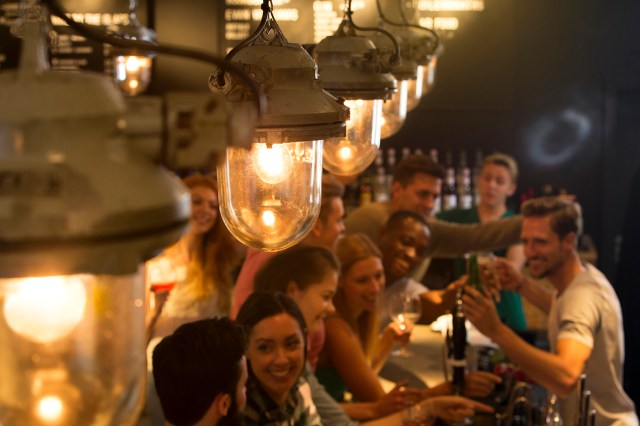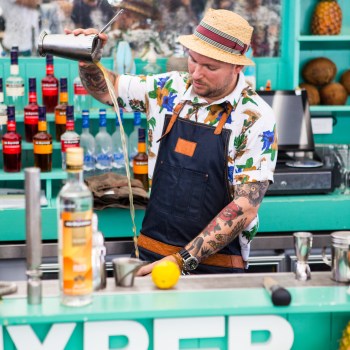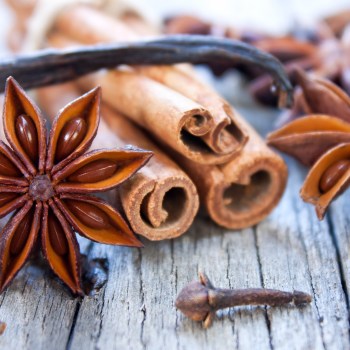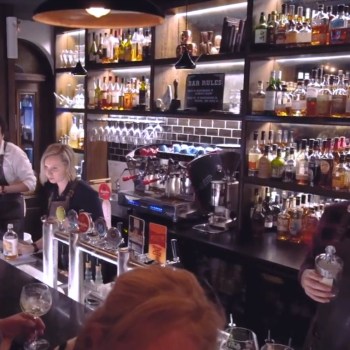In our final issue for 2017, Fred Siggins unpacked the egalitarian history of the bar, arguing that unlike the world of fine dining and high-end restaurants, bars are a great equalizer – a fact that all bartenders should respect.
The world of high-end restaurants is an inherently elitist place. For the vast majority of the population, even in developed countries, a meal at Brae or Eleven Maddison Park is completely out of reach. Reservations are nearly impossible to get, unless you know someone, and if you do the average person’s weekly salary would barely cover the meal. Most of us will never be able to afford to fly to Europe just because we finally got a seat at Noma, and even for the financially comfortable, such a meal would be a once a year indulgence.
But cocktails are different. I’ve sat at the American Bar at the Savoy Hotel in London drinking an impeccable Hanky Panky, served to me by one of the world’s best bartenders, clad in gleaming white, while the piano player serenaded the room. It cost me $25. I’ve sat in the Oak Room Bar of the Plaza Hotel in New York (where rooms start at $500USD/night), looking out over Central Park, entertained by a bartender who’d been honing his skills of conversation behind this stick for two decades. I’ve drank at the Artesian, The Dead Rabbit, and The Black Pearl is my local. None of these places are closed to me, none beyond my means. The best cocktails and bar service in the world are available to anyone who chooses to seek them out.
Looking into the history of the cocktail, their egalitarian nature makes sense. Cocktails are, and always have been, a drink of the people. The first proto-cocktails came about when enlisted sailors in the Royal Navy mixed their rum rations with lime to stave off scurvy and sugar or blackstrap molasses to balance the acid and booze. The officers, meanwhile, were drinking unmixed brandy in the state room.
The expansion of the European empires during the colonial era, thanks to these heavily intoxicated navy boys, lead to the rise of a new social strata: the merchant class. Independently wealthy, but not part of the traditional landed aristocracy, they represented a dispersion of political, economic and social power away from the lords and ladies who reigned supreme in the Middle Ages. Their drink of choice? Punch. In their coffee houses and clubs they would while away the hours drinking elaborate concoctions of all the fantastic liquors, spices and fruits from the far reaches of the empire. These venues were also some of the first places where the aristocracy would interact with the lower classes, coming down from their manors to drink punch and talk politics.
For the rest of the article, sign up to BARS&clubs new digital platform here.



